UMTRI: average sales-weighted fuel economy of purchased new vehicles in US dropped 0.2 mpg in May from April
Green Car Congress
JUNE 5, 2012
The average sales-weighted fuel economy (adjusted EPA window sticker value) of new vehicles purchased in the US dropped 0.2 mpg in May from the level in April to 23.7 mpg US (9.9 The average sales-weighted fuel economy (adjusted EPA window sticker value) of new vehicles purchased in the US dropped 0.2
















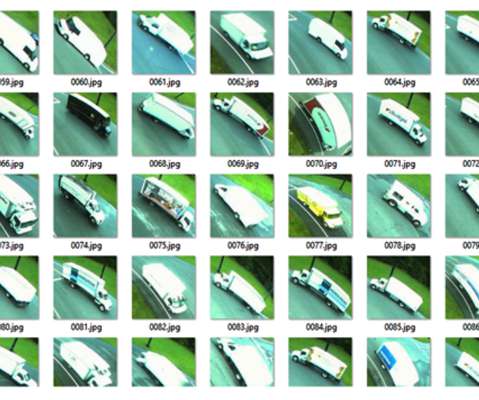
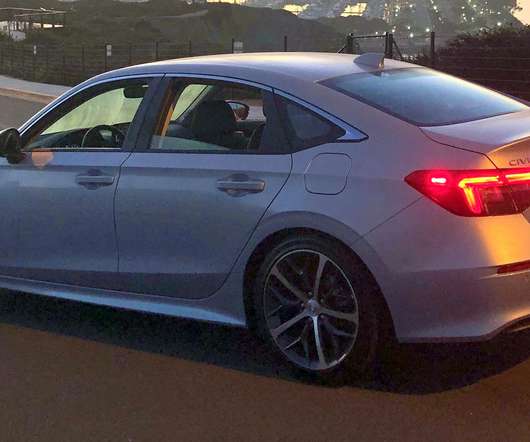


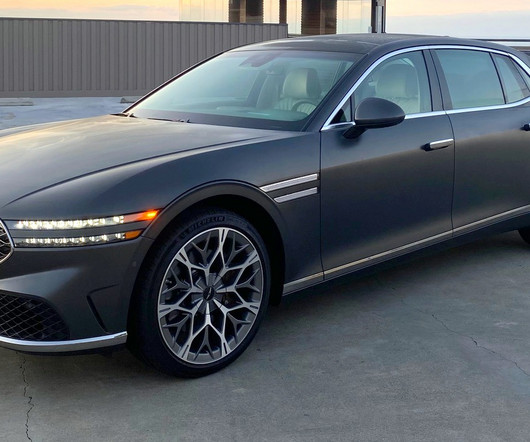
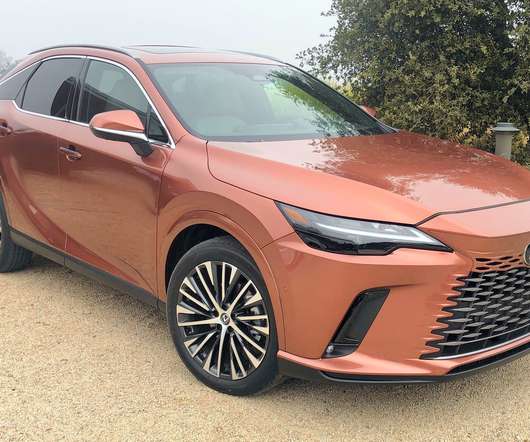









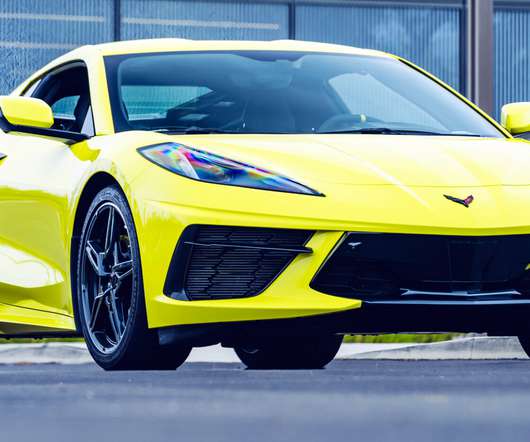


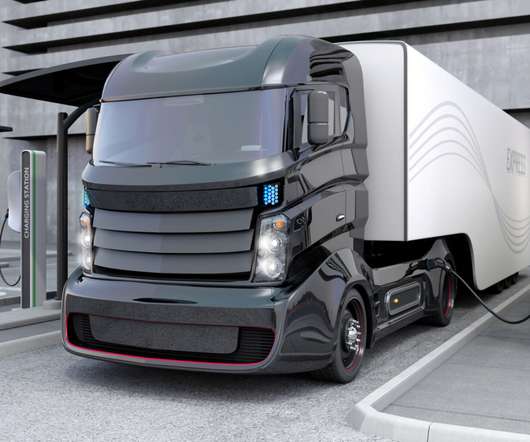








Let's personalize your content